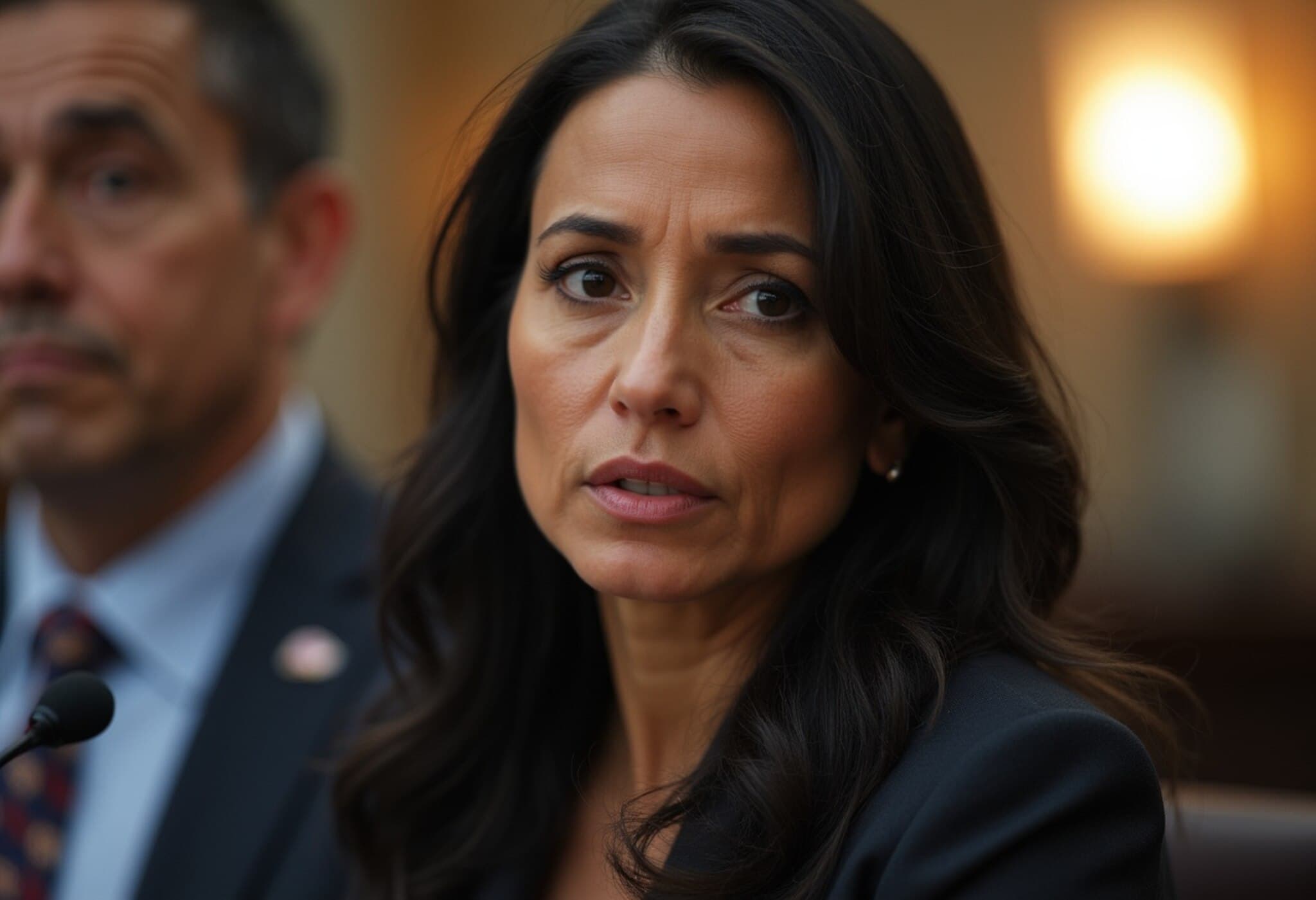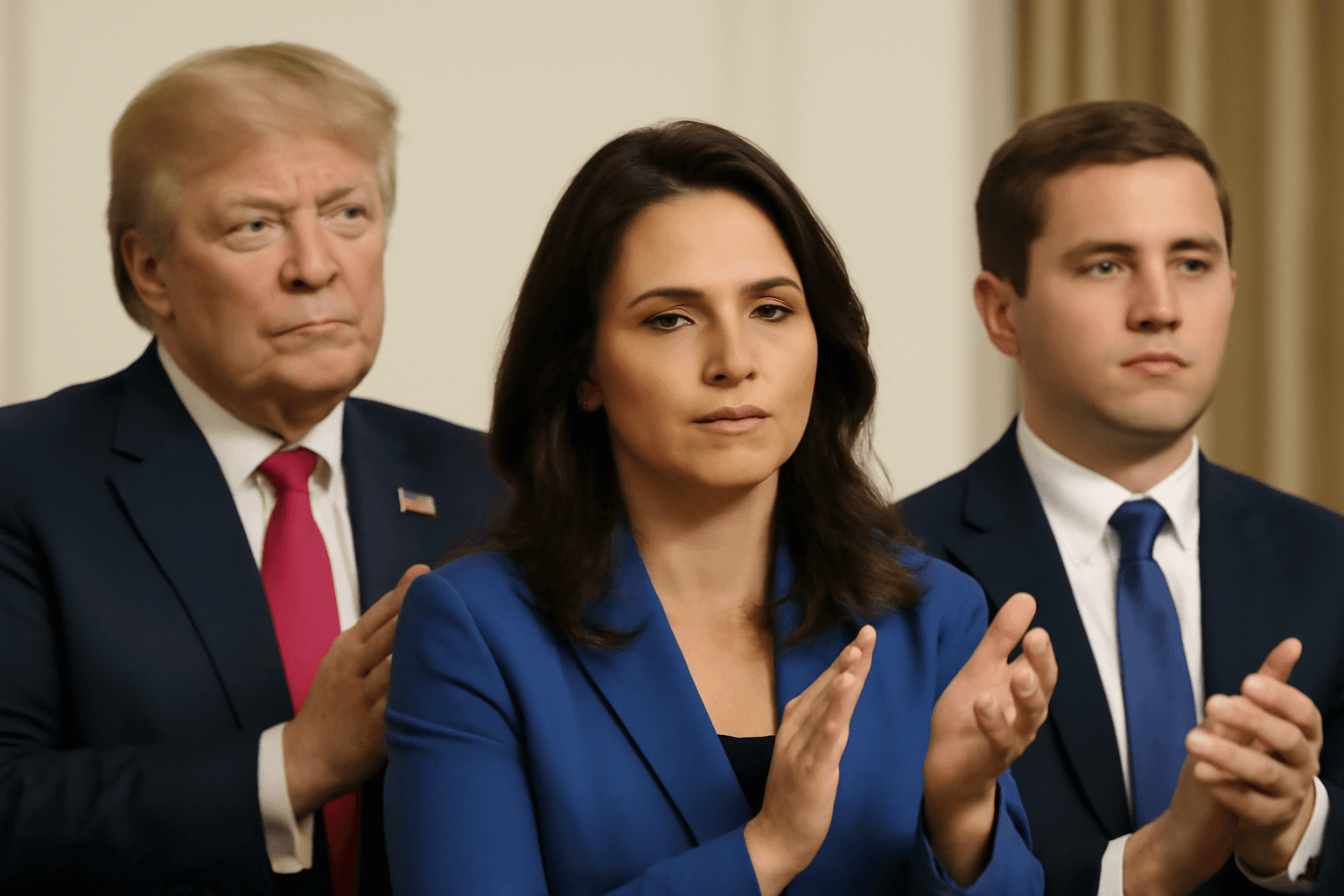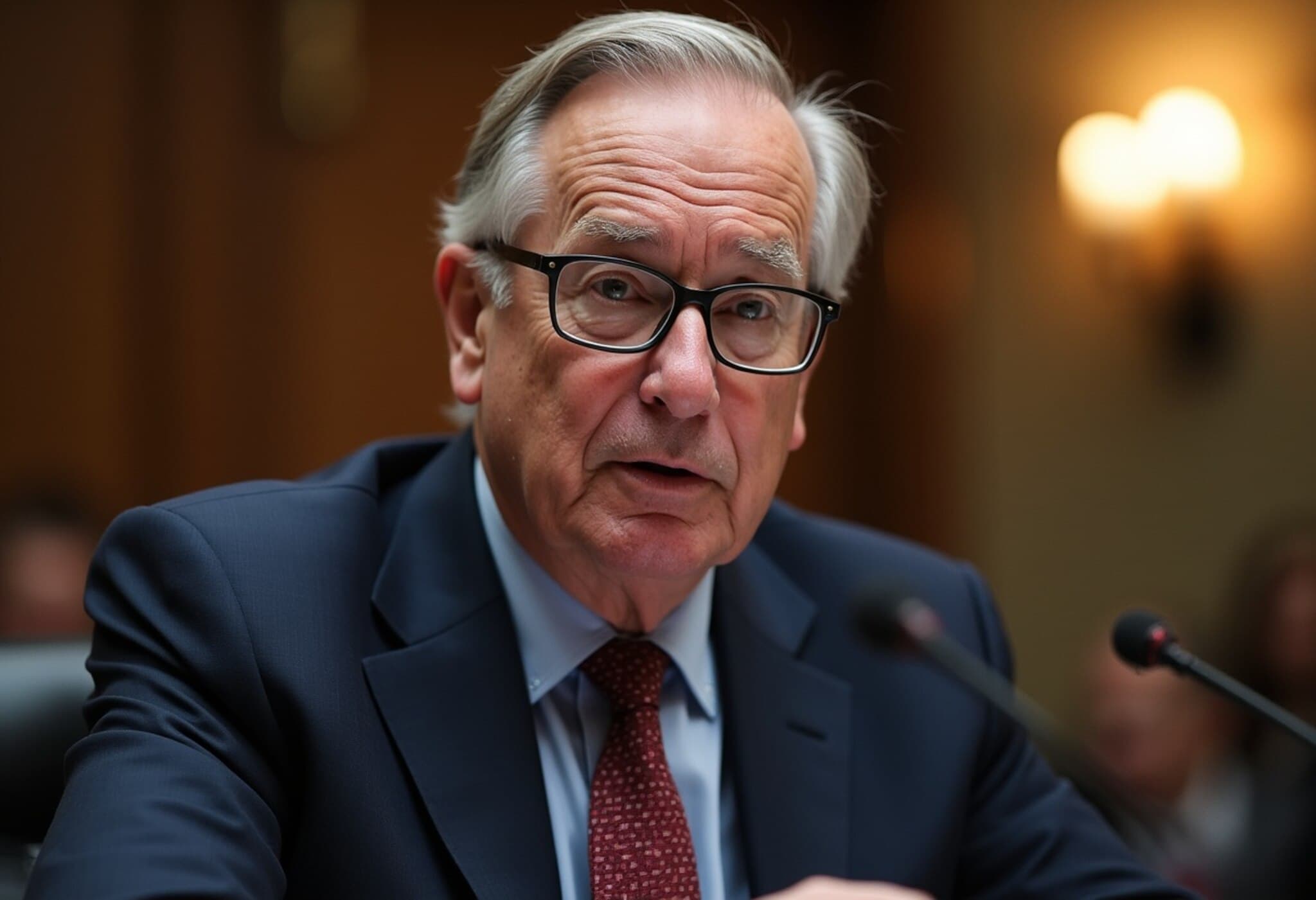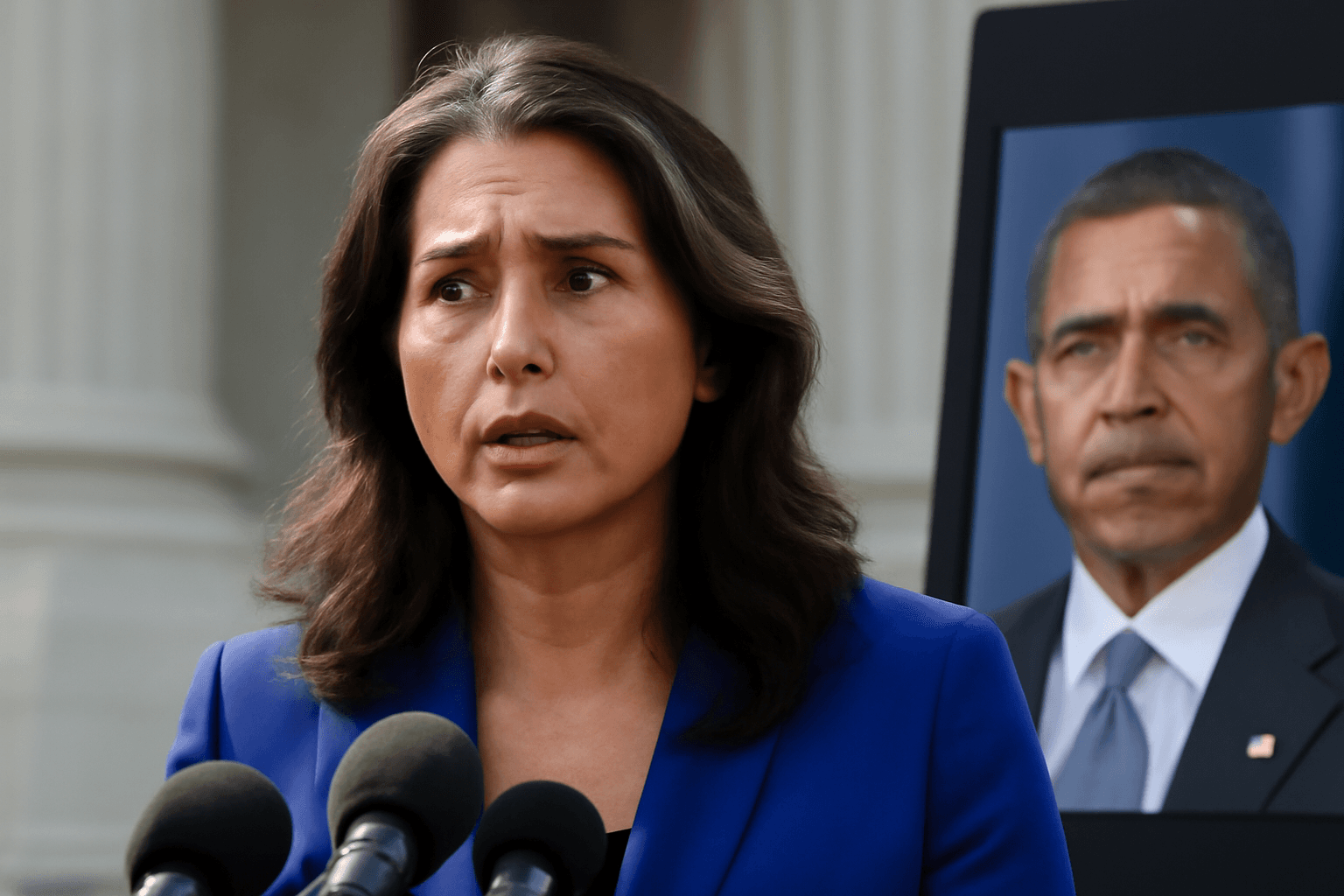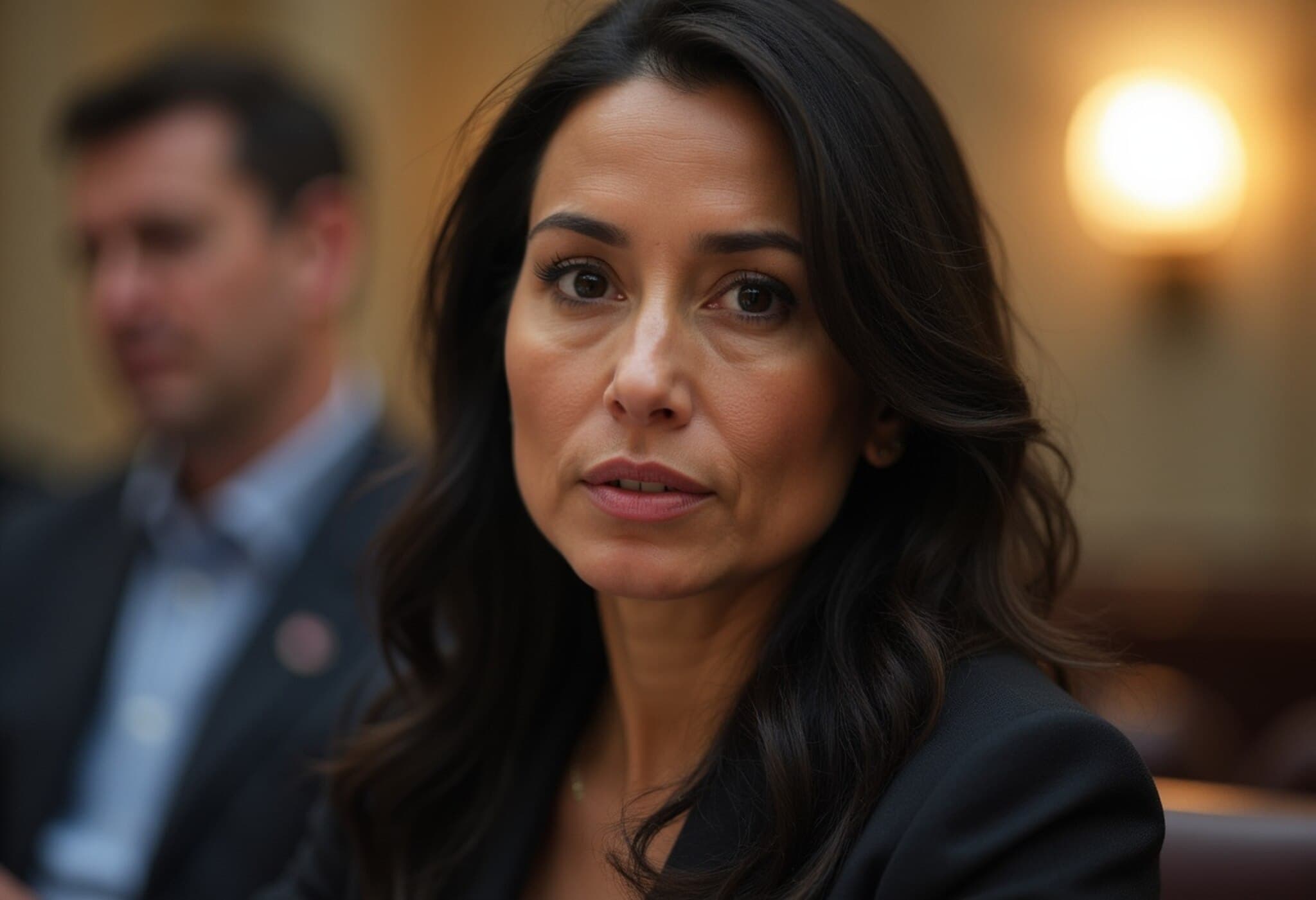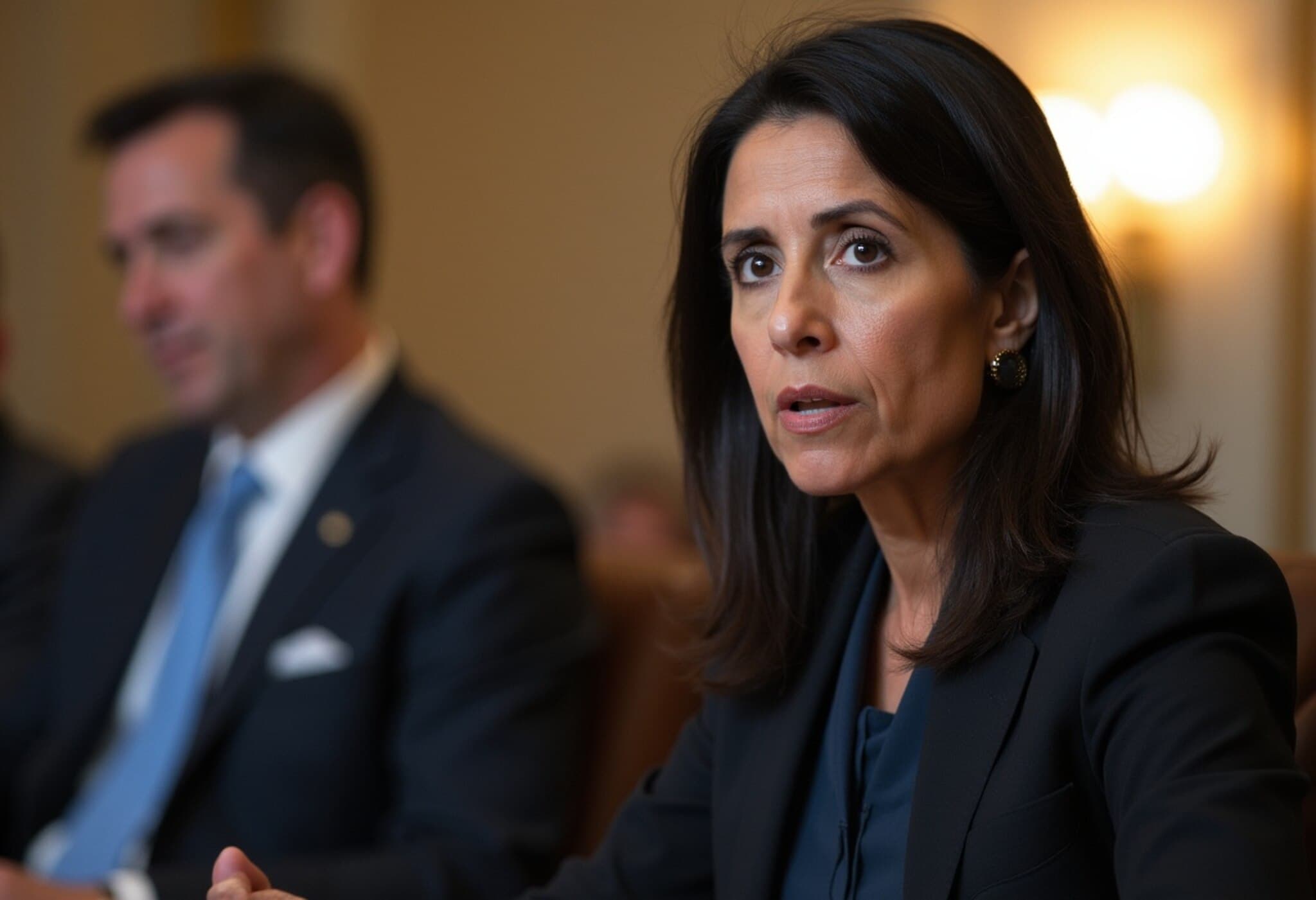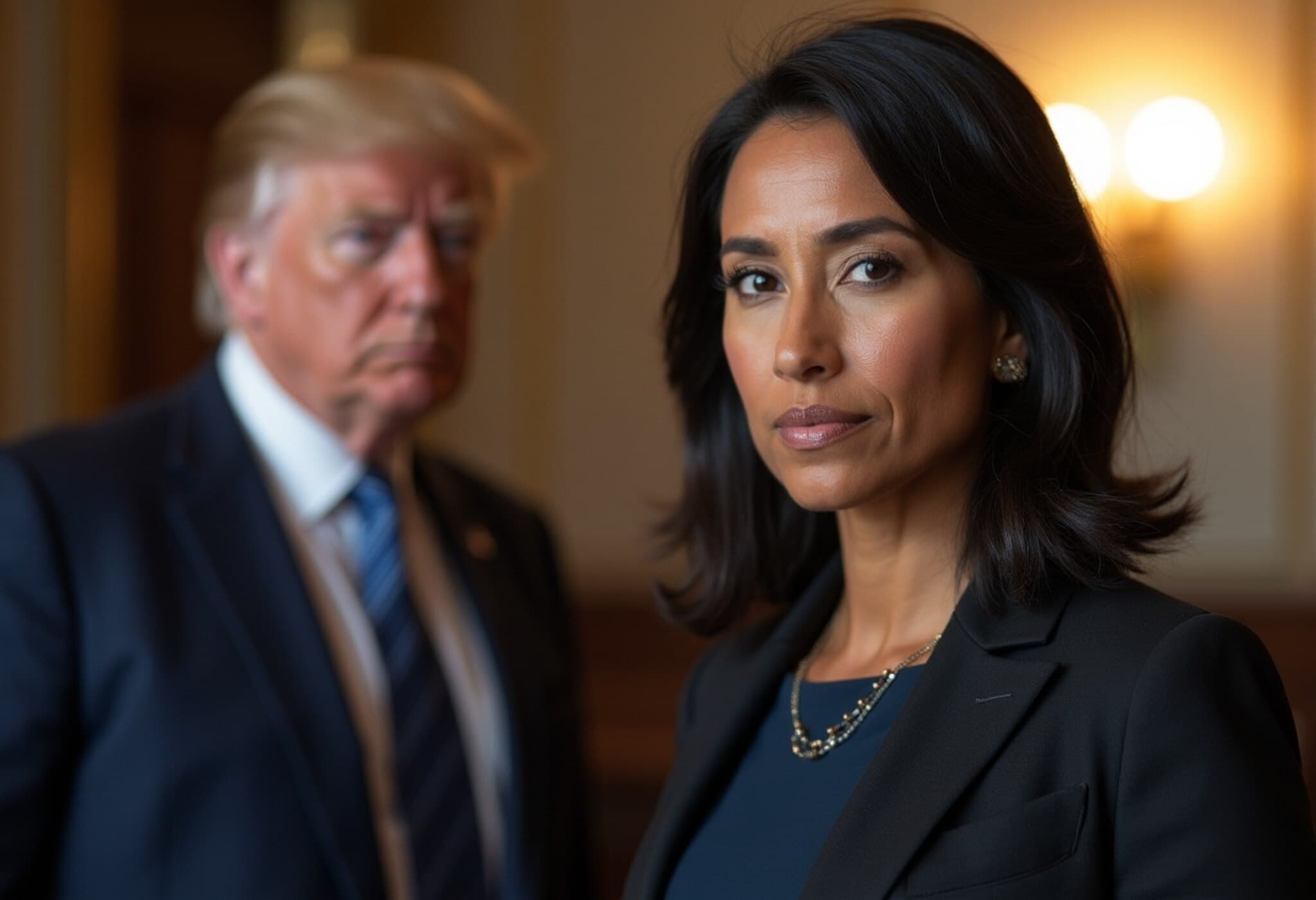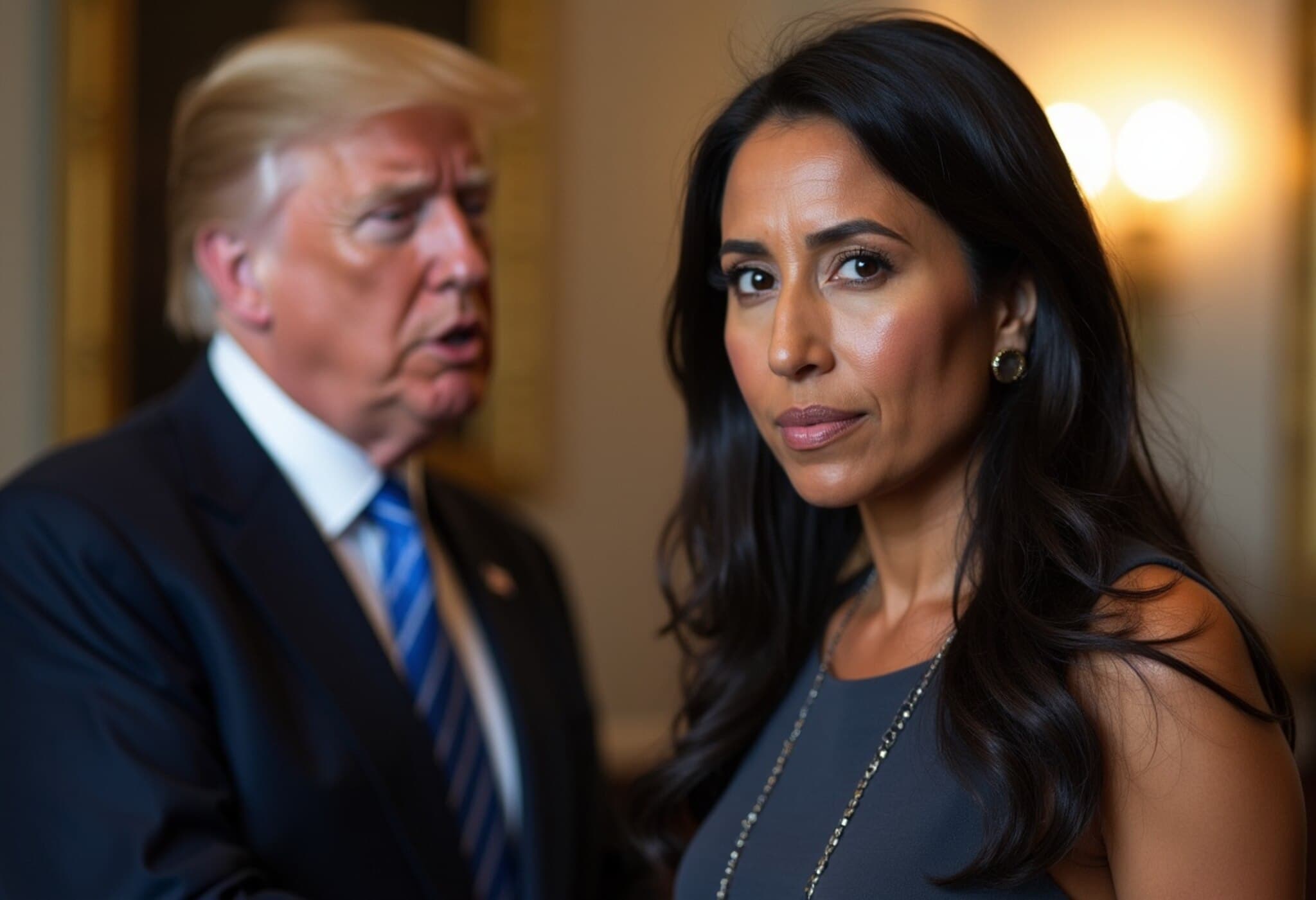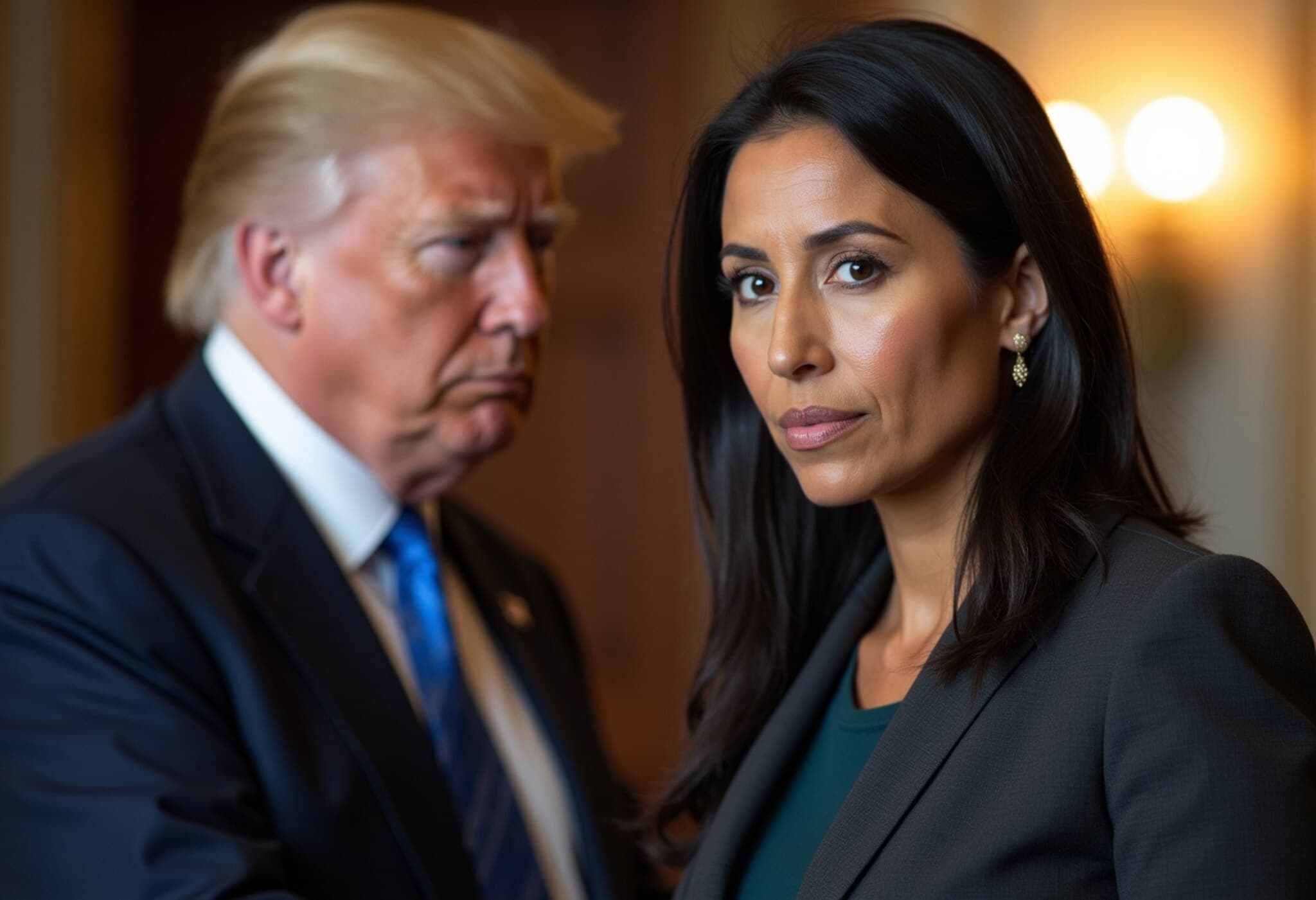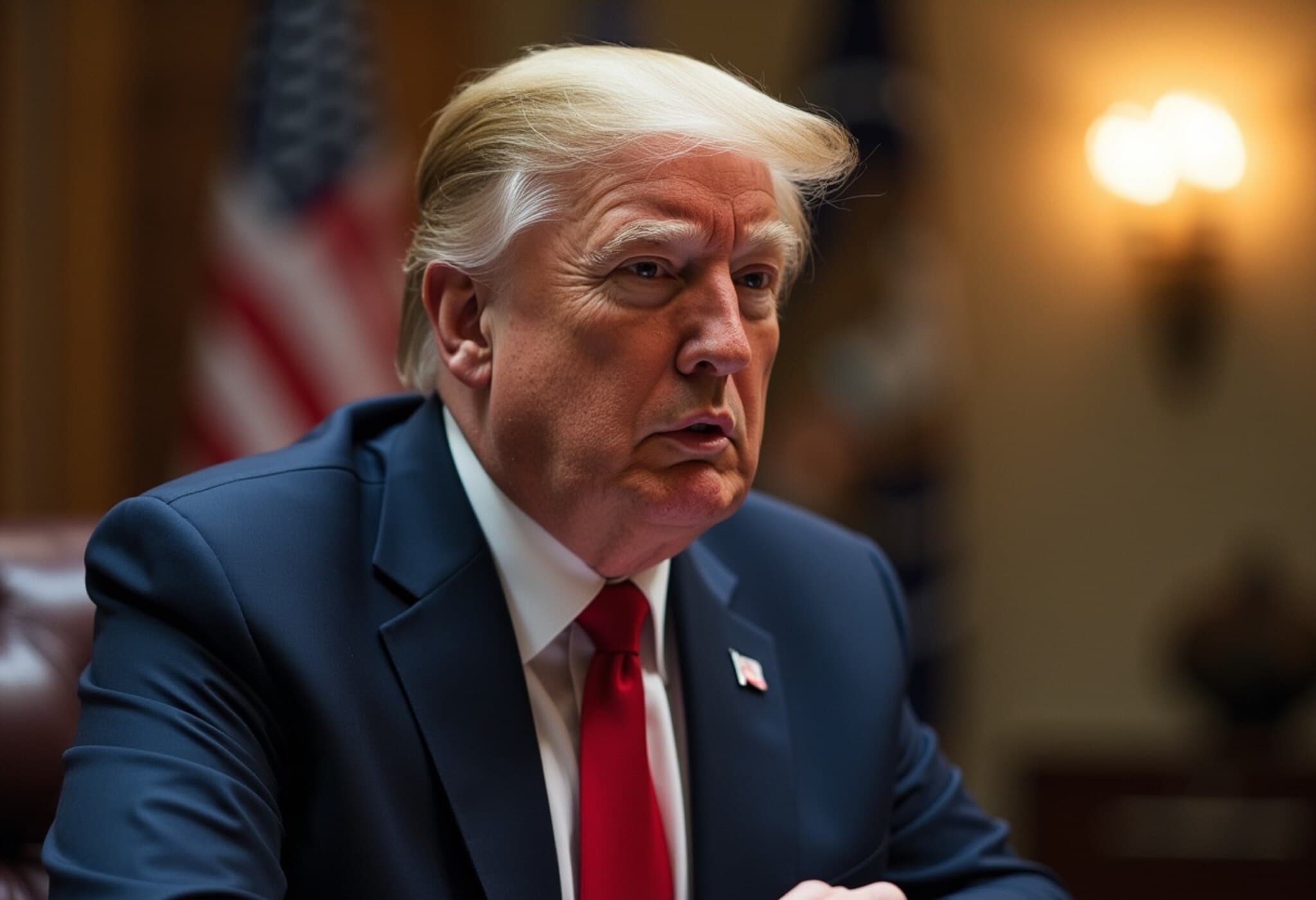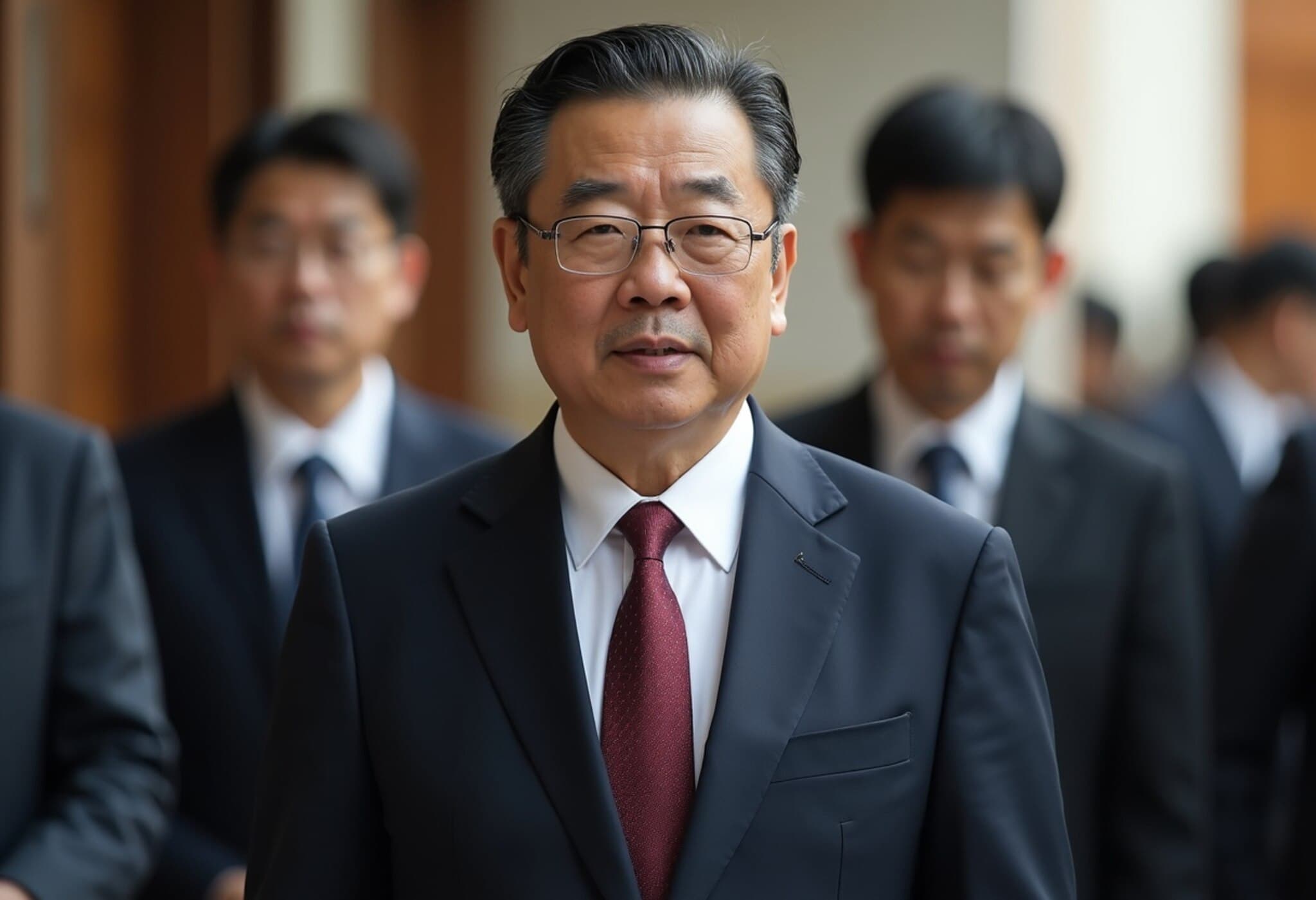Tulsi Gabbard Alleges 'Treasonous Conspiracy' in 2016 Election
In a startling move that has rekindled fierce political debate, Tulsi Gabbard, currently serving as the US Director of National Intelligence, publicly accused former President Barack Obama and several key figures from his administration of orchestrating a 'treasonous conspiracy' to undermine Donald Trump’s victory in the 2016 presidential election.
Declassified Documents Fuel Calls for DOJ Investigation
On Friday, Gabbard released a set of newly declassified intelligence documents suggesting that Obama’s senior national security team not only politicized but also deliberately manufactured intelligence assessments about alleged Russian interference. According to her office, these actions aimed to discredit the Trump campaign and ultimately subvert the expressed will of American voters.
Her office has formally submitted these findings to the Department of Justice, urging a thorough criminal investigation. Named in her allegations are prominent ex-officials such as former Director of National Intelligence James Clapper, former CIA Director John Brennan, and former FBI Director James Comey.
What the Declassified Report Reveals
- The intelligence assessments around the 2016 election indicated that Russia likely did not attempt to alter the vote outcome via cyber activities.
- Following a December 2016 White House meeting, Obama officials reportedly shifted their public statements by leaning on intelligence that was yet to be verified—including the controversial Steele dossier—to suggest the election was influenced by Russian actions.
- Gabbard characterizes this shift as politically motivated, designed to undermine Trump’s legitimacy.
Official Responses and Political Fallout
Democratic leaders and former intelligence officials have robustly denied Gabbard’s claims, describing them as politically charged and lacking in substantial evidence. Multiple bipartisan investigations—including extensive work by the Senate Intelligence Committee—have concluded that while Russia sought to influence the 2016 campaign climate, there is no verified evidence that votes were manipulated or that intelligence was deliberately falsified by Obama’s administration.
The Department of Justice has, as of this writing, declined to comment on the referral. Similarly, the high-profile individuals singled out by Gabbard have not publicly responded.
Expert Insight: Implications for American Intelligence and Political Discourse
This latest development spotlights a persistent challenge in American politics: the tension between national security assessments and political narratives. As an experienced policy analyst remarks, "When intelligence is entangled with political agendas, it jeopardizes both public trust and democratic integrity." Gabbard’s disclosures may intensify calls for greater transparency in intelligence communications but also risk deepening partisan divides.
Given the weight of the accusations and the high-profile names involved, the Justice Department faces a complex decision balancing legal scrutiny with political sensitivity. The situation underscores a pressing question for the American electorate: How can intelligence agencies maintain independence and objectivity amid political pressures?
Looking Ahead: Questions for the Public and Policymakers
- Will the Department of Justice pursue a full investigation based on these new submissions?
- How might this affect the credibility of intelligence assessments in future elections?
- What mechanisms can ensure intelligence agencies remain insulated from political manipulation?
Editor’s Note
Tulsi Gabbard’s bold accusations reignite enduring debates about the intersection of intelligence and politics in the United States. While the evidence she presents demands rigorous legal examination, the broader conversation about accountability, transparency, and trust in government institutions is equally vital. This episode serves as a potent reminder: democratic systems thrive on facts, accountability, and an engaged electorate discerning enough to separate partisan rhetoric from verifiable truth.

